In what may get me canceled by the #Wenclair (Wednesday Addams + Enid Sinclair) shippers or the Tim Burton stans, I am unable to hold back from speaking my truth: I don’t like Netflix’s Wednesday.
This might be surprising coming from the girl who has Wednesday as her staff profile picture (circa The Addams Family Values era, played by the truly fabulous Christina Ricci), but after forcing myself to finish the show, I have a long list of grievances that I need to get off my chest.
But first, let me start with the one positive, the one thing this show has going for it: Jenna Ortega. If one person behind the scenes understood who Wednesday is, it’s her.
Okay, now onto the negatives!
What is the show trying to say?
The main thing I take issue with is this: the show doesn’t know what it wants to say. And I think it’s heavily due to the fact that I don’t think anyone involved with the show understood why Charles Addams created these characters in the first place.
First appearing in the 1930s, and continuing to make appearances in The New Yorker throughout the ’40s and ’50s, Addams once said that the purpose of the Addams family was to show “American values in a funhouse mirror, showcasing the paranoia, the darkness, and the sweetness of suburban life.” Parents Morticia and Gomez are genuinely in love with each other, and children Wednesday and Pugsley love their family. In these observations, Charles Addams made a depressing but truthful observation about the reality of many families in the 1950s.
Of course, more than 70 years later, these stereotypes aren’t quite as relatable to a wide audience, so why not examine what the modern family looks like and have the Addams satirize that? In a time when far-right ideologies are on the rise, when there are more and more hate crimes against marginalized groups, when traditional family values are making a strong reappearance into the mainstream, there is so much in the modern era to make meaningful commentary on. Maybe it was a problem of there being too much to comment on and creators Alfred Gough and Miles Millar got overwhelmed. Or maybe they were just lazy.
Either way, instead of meaningful commentary, what Gough and Millar do is separate Wednesday from her family within the first ten minutes of the show and throw her into a world of mermaids, werewolves, shapeshifters, psychic visions, and two teenage boys whose faces I found myself wanting to slap silly.
So how do you parody modern-day families? At the most basic level, don’t make Wednesday act like every other teenage girl and then insist she’s not. 2022 Wednesday is a teenager who resents her mother and hates it when her parents are openly affectionate with each other. But she doesn’t use modern technology and hates social media, so she’s not like other girls, which seems to be the main goal of female protagonists in a Netflix series.
This leads me to my next point:
Wednesday Addams does not a good protagonist make
When you think of Wednesday, you think of a deadpan look or a snarky quote you’ve decided to make your entire personality. (I’m really just calling myself out here.) But when an entire show is about her, those qualities just get tiring. Anytime anyone says anything to Wednesday, she has to respond with something clever, lest the creators be accused of not sticking to the true essence of Wednesday. (Obviously that didn’t work, as here we are.)
What the creators were more worried about was providing Wednesday with the blandest love interests who I could not give less of a shit about. I hate that shipping culture has become so prominent that it’s now seemingly impossible to watch a show without having multiple love interests for the internet to lose their minds arguing over. Wednesday doesn’t need love interests for the show to work—and if the powers that be are hellbent on having Wednesday fall in love, they need to stop being cowards and make her and Enid, her roommate, be lesbians.
What none of the people behind the scenes understood was that all of Wednesday’s best and most iconic lines came from her interactions with “normal” people: middle-class, white families with a husband, a wife, and 2.5 kids. But when she’s shipped off to a boarding school with other “not normal” people, she just ends up poking fun at those who can relate to what she’s experienced and who have also been misunderstood their entire lives.
BIPOC outcasts and colonialism
I actually think the show still could’ve been salvageable with an exploration of the different levels of marginalization these characters have experienced. How do the experiences of white outcasts differ from BIPOC experiences?
However, in episode one, when showing Wednesday around the school, Enid, who is white, says, “Nevermore was founded in 1791 to educate people like us: outcasts, freaks, monsters—fill in your favorite marginalized group here.”
“Marginalization” is not an identity you can choose. And it feels weird. It’s weird to have a white character call herself part of a “marginalized group.” Sure, Enid may have experienced judgment for being a werewolf who hasn’t “wolfed out” yet, but what about Bianca, a black mermaid, who has experienced racism on both levels? And when Nevermore was first founded, were BIPOC outcasts excluded too? Were they also victims of segregation? Of “separate but equal” Jim Crow laws?
Along similar lines, let’s delve into the baffling way the show portrays colonialism and the relationship between pilgrims and Native Americans. It is an obvious rip-off (or homage, if you want to use the polite word) of The Addams Family Values in which Wednesday burns down a summer camp after being forced to participate in a racist play depicting the first Thanksgiving.
The town in which Nevermore is situated, Jericho, revolves around Pilgrim founder Joseph Crackstone and even has a touristy village dedicated to him. (This village is owned by the mayor of the town, who is a black man.) For some reason, all the other outcasts love the village, and only Wednesday is troubled by this. In episode three, she tells off a group of German tourists in a speech that is painfully made for likes and retweets on Twitter.
If this was it, if this was the extent of pilgrim involvement, it probably wouldn’t even be worth noting. But then, in the same episode, Wednesday has one of her psychic visions of a little girl in pigtails, later confirmed as Wednesday’s ancestor and “one of the first colonizers of America.” Her name is Goody Addams (which A) is not a first name, even in the 1700s, and B) is, for some reason, also played by Jenna Ortega), and in this psychic vision/flashback, she tells Joseph Crackstone, “We were here before you. Living in harmony with nature and the native folk.”
And now, suddenly, the show has turned to a “good colonizer vs. bad colonizer” narrative. And what makes a “good colonizer”? Why, living in harmony with nature and the natives, of course! Again, what is this show trying to say? Why did Netflix make a point of casting a Latina actress as Wednesday if they weren’t going to address race in the show itself?
Conclusion
In short (let’s ignore the fact this opinion piece is over 1300 words), the changes are bad. They’re baffling. And the things which remain the same in the show are just aesthetics that say nothing. The show lacks any meaningful commentary through its representation of family, of American mythologies of race and colonialism, and of the presentation of the “other.”
In the 1991 Addams movie, the family motto carved on the tombstone is “Sic Gorgiamus Allos Subjectatos Nunc,” meaning “We Gladly Feast on Those Who Would Subdue Us.” There is more understanding for what it means to be an outcast in that single line than in the entirety of Wednesday.
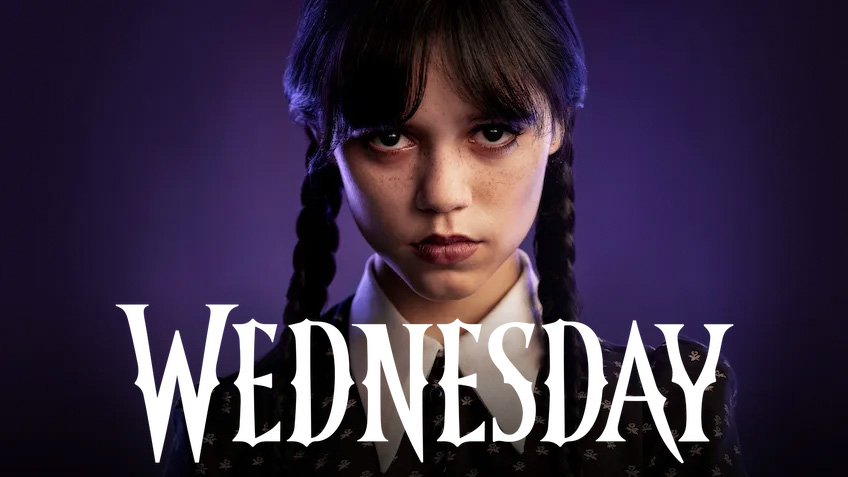

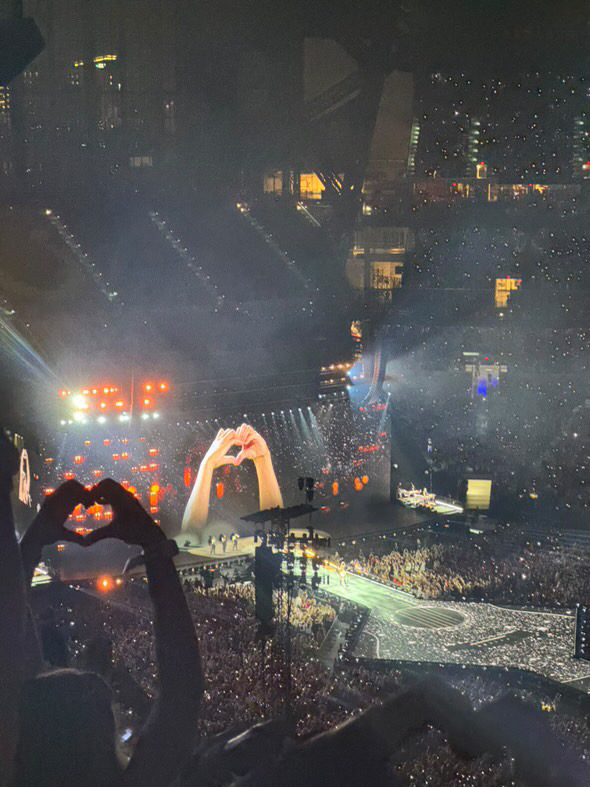
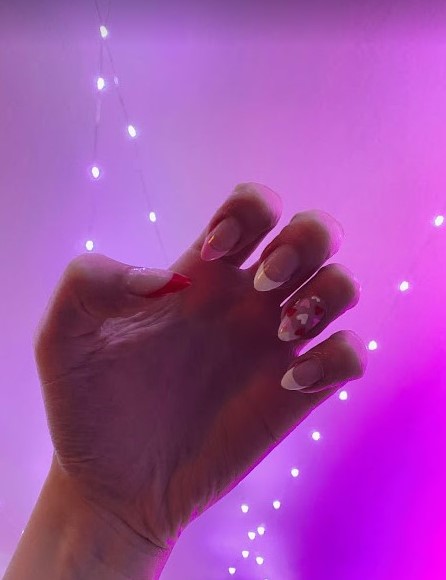
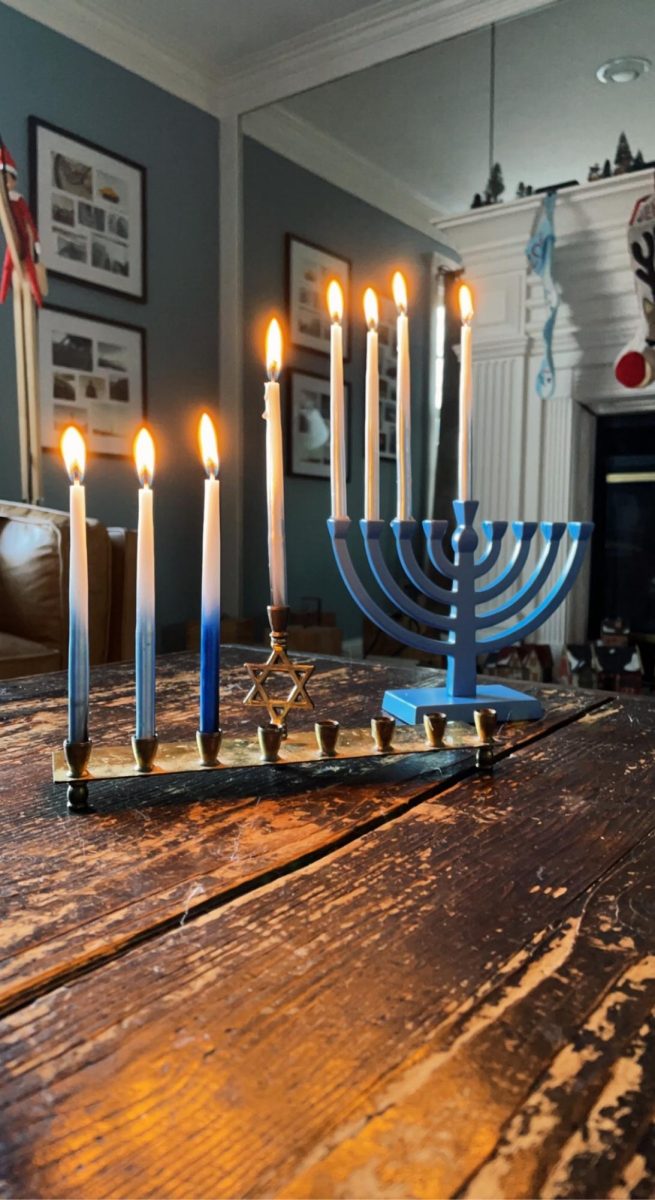
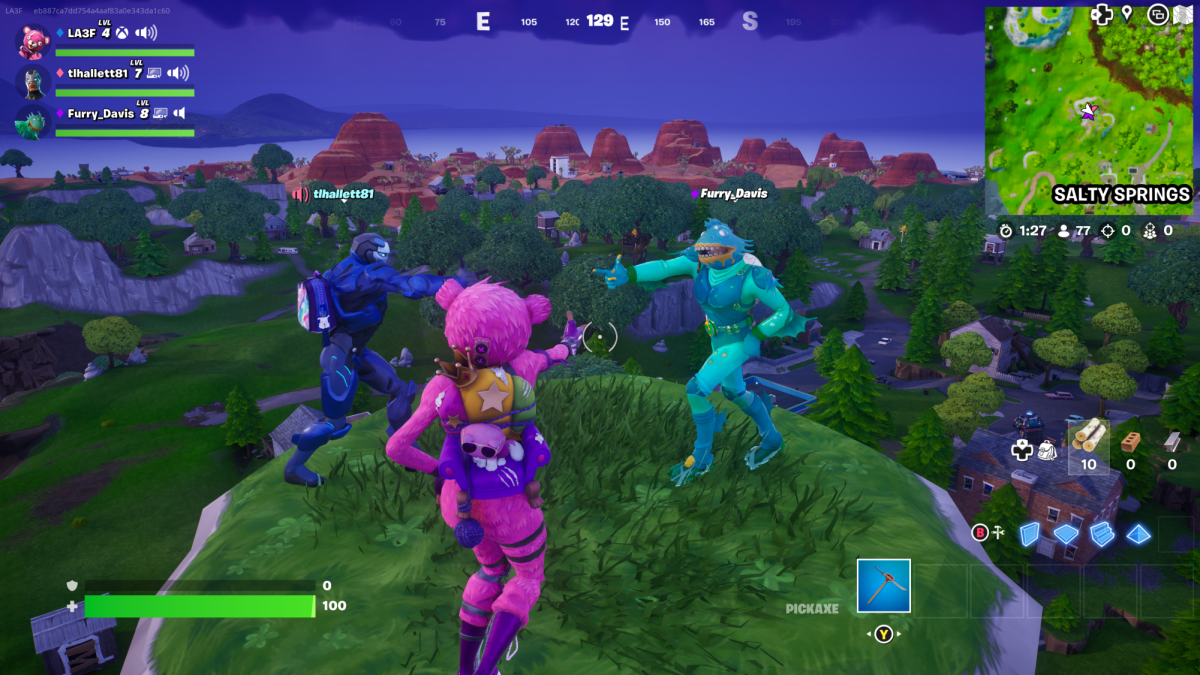
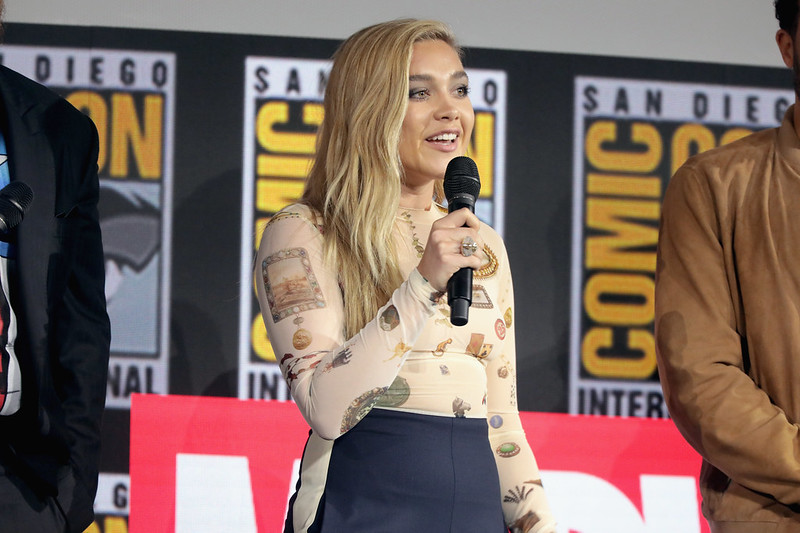
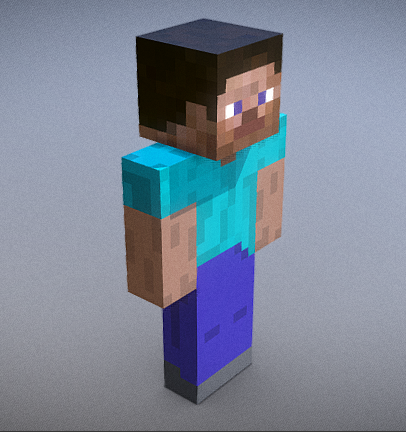
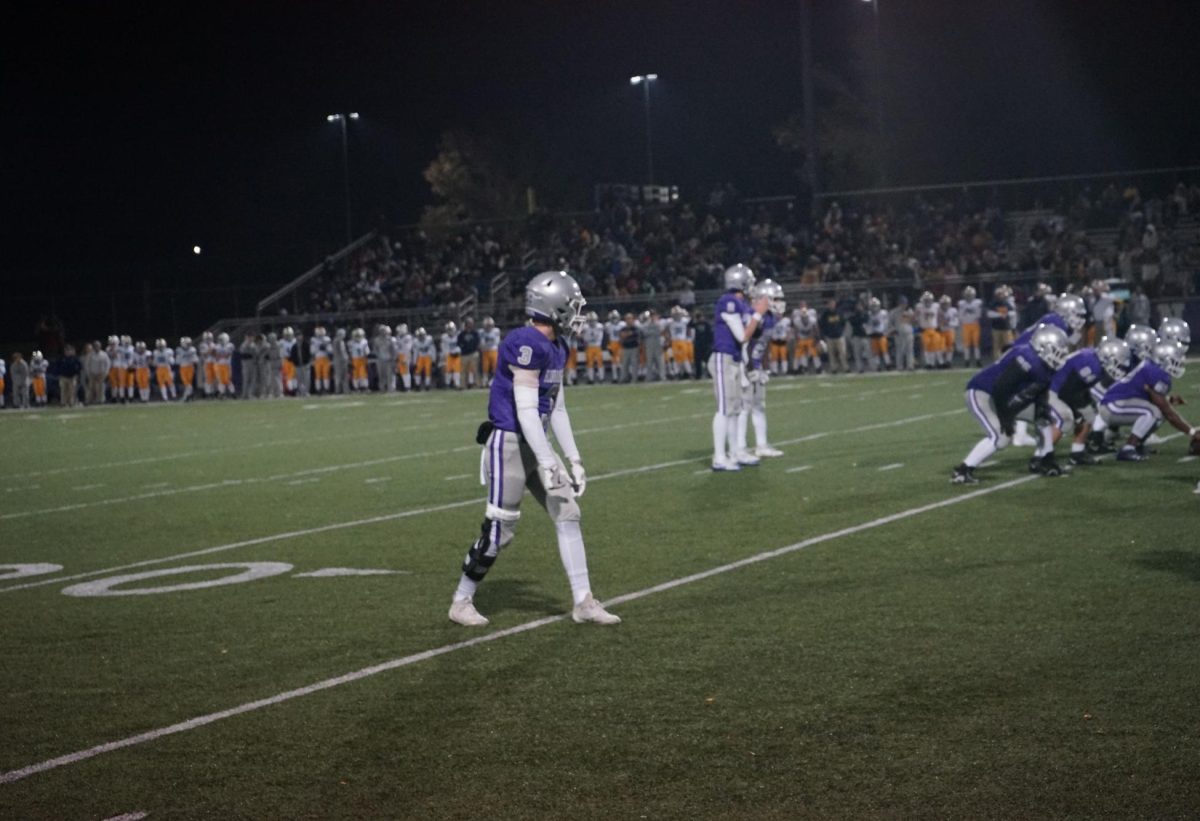

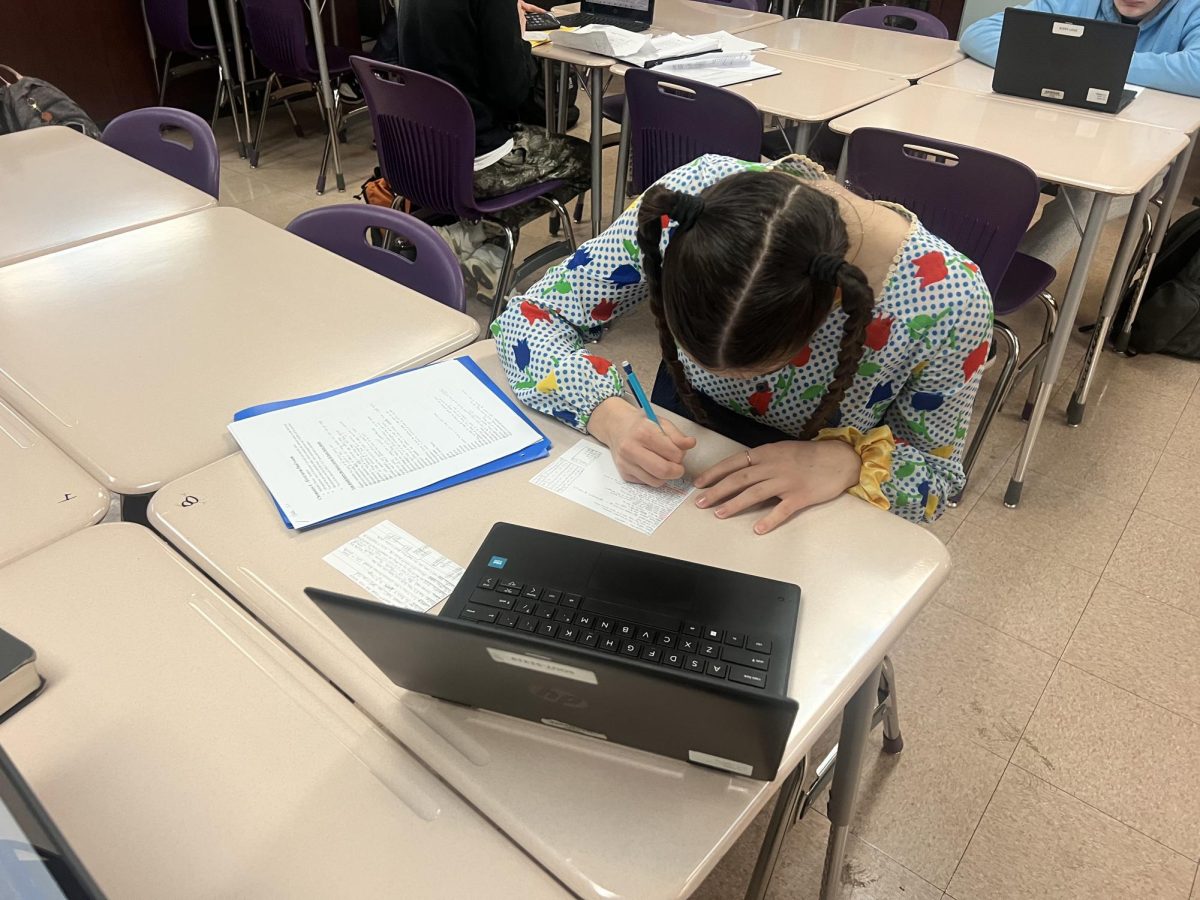
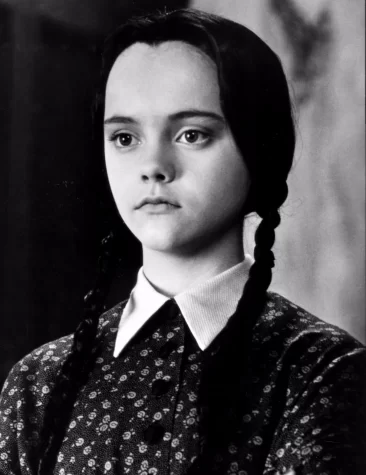
sean • Sep 24, 2024 at 12:03 pm
In reality, this review just shows whats wrong with our society. I did not watch Wednesday. The most I have seen of it is the trailer. I have watched the original Adams family show and both movies in the 90s. I enjoyed them for what they were and didnt disect them for hidden messages or even try to relate myself to ANY of the characters. I mean, why would I?? we are talking about a family that embraces the dark in a satirical way. A brother and sister that are trying to mutilate each other every chance they get. they are a twisted family for the most part. Why would anyone try and relate to or look for the proper representation of whatever BIPOC or LGTBTQABCDEFG?!@#$ group they “identify” with in this show and its successors. If people can watch movies and shows these days without trying to find whatever hidden or secret messages, they themselves seem to take away from them, we would be better off. Do you really think the writers of these shows are sitting there thinking of ways to slap messages and “representation” in them??…if they are, they should stop. I watch movies and shows to take myself out of reality. Not to be slapped in the face with how twisted our society has become or force fed an ideology that comes from someone that identifies as a garden slug. If people stopped looking for how a cartoon represents them, maybe the writers wouldnt worry about trying to please everyone and focus on the actual story….Yes, I know Wednesday is not a cartoon.
Tim Blackwell • Jul 1, 2024 at 7:45 am
I don’t believe Lanie is old enough to be a critic ,,,thank goodness this is only an opinion, and I don’t listen to critics….first off. the Addams family has been around for at least more than 5 times since you were born. it was a comic strip before it was a sitcom. and if you have never seen the black and white version of the sitcom you would probably diss that as well. It is a comedy, it is entertainment the purpose is to entertain…. this show flows, and by saying anything against it says you are also dissing Tim burton the director. you know the guy who has directed tons of box office hits. and Jenna Ortega who has taken Wednesday as a teenager to new levels of fun.
Lanie do your homework
sean • Sep 24, 2024 at 12:11 pm
I agree with you….but Tim Burton only direted half the episodes and he did not create the show. The show was created by Miles Miller and Alfred Gough. Its right up his alley though and hes one of the MANY producers.
Student • Jan 20, 2023 at 4:52 pm
I LOVE THIS
gravytrain • Jan 20, 2023 at 3:13 pm
YES YOU GOT THE SWEAR PRIVILEGE